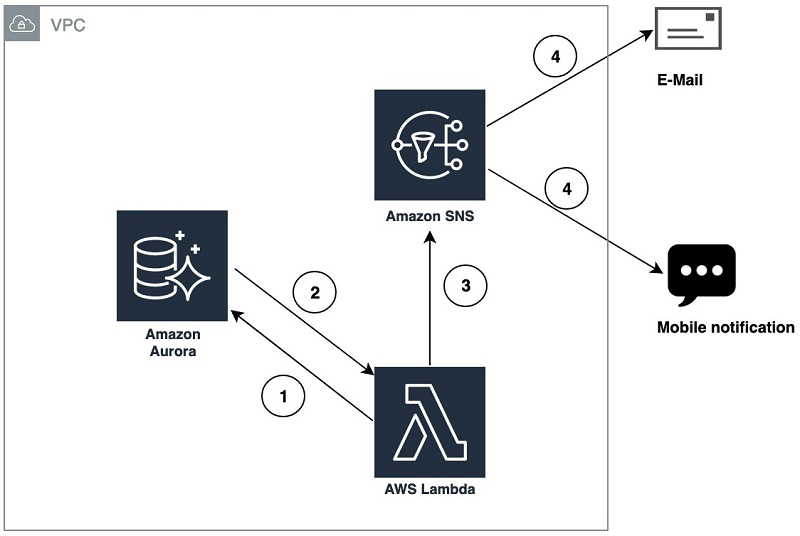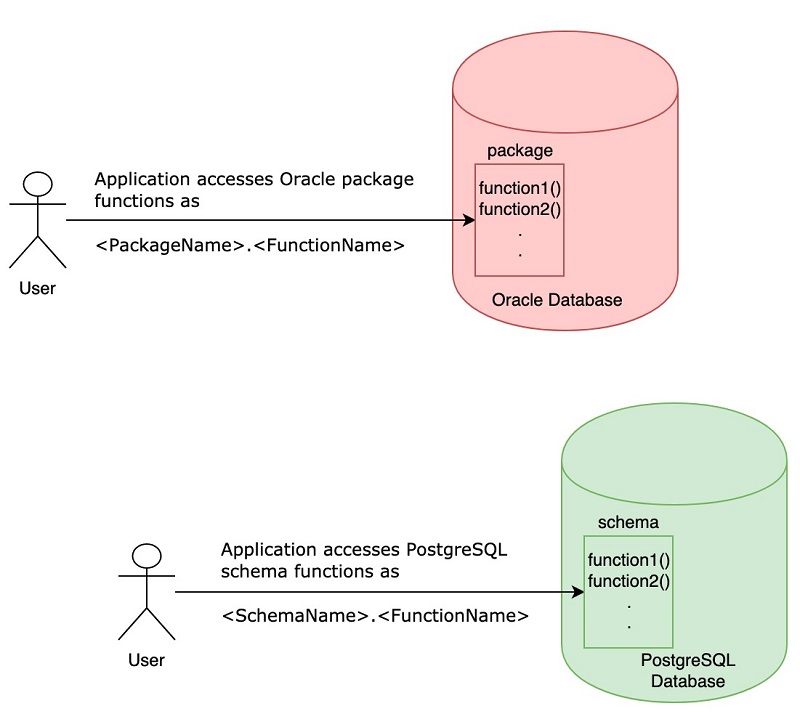AWS Database Blog
Tag: Aurora PostgreSQL
Dive into new functionality for PostgreSQL 11
In this post, I take a close look at three exciting features in PostgreSQL 11: partitioning, parallelism, and just-in-time (JIT) compilation. I explore the evolution of these features across multiple PostgreSQL versions. I also cover the benefits that PostgreSQL 11 offers, and show practical examples to point out how to adapt these features to your applications.
Working with RDS and Aurora PostgreSQL logs: Part 2
July 2023: This post was reviewed for accuracy. The first post in this series, Working with RDS and Aurora PostgreSQL Logs: Part 1, discussed the importance of PostgreSQL logs and how to tune various parameters to capture more database activity details. PostgreSQL logs provide useful information when troubleshooting database issues. This post focuses on different […]
Sending notifications from Amazon Aurora PostgreSQL
Enterprise customers execute many day-to-day batch jobs on Amazon Aurora PostgreSQL databases, and need notification methods such as email or text after completing such jobs to keep track of their activity. Because Aurora PostgreSQL is a managed service, it restricts access to database extensions such as pgsmtp and pgplpythonu for security reasons. This raises the […]
Validating database objects after migration using AWS SCT and AWS DMS
Database migration can be a complicated task. It presents all the challenges of changing your software platform, understanding source data complexity, data loss checks, thoroughly testing existing functionality, comparing application performance, and validating your data. AWS provides several tools and services that provide a pre-migration checklist and migration assessments. You can use the AWS Schema […]
Reducing Aurora PostgreSQL storage I/O costs
June 2023: For Aurora databases where IO is greater than 25% of your costs, check out this blog post and recent announcement to see if you can save money with Aurora I/O-Optimized. Cost reduction is one of the biggest drivers for many IT departments to explore migration of on-premises workloads to the cloud. This post […]
Optimizing and tuning queries in Amazon RDS PostgreSQL based on native and external tools
January 2024: This post was reviewed and updated for accuracy. PostgreSQL is one of the most popular open-source relational database systems. The product of more than 30 years of development work, PostgreSQL has proven to be a highly reliable and robust database that can handle a large number of complicated data workloads. PostgreSQL is considered […]
Best practices for Amazon RDS PostgreSQL replication
September 2023: This post was reviewed and updated for accuracy. Amazon RDS for PostgreSQL enables you to easily configure replicas of your source PostgreSQL instance to clear your read load and to create disaster recovery (DR) resources. You can configure Read Replicas within the same Region as the source or in a different Region. When […]
Use cases for query plan management in Amazon Aurora PostgreSQL
This blog post is the second in a series. The previous blog post talks about the need for the stable, consistent database performance amid changes that otherwise can cause regression on execution plans of the SQL statements. It also demonstrates how query plan management (QPM) for Amazon Aurora with PostgreSQL compatibility helps you overcome plan […]
Introduction to Aurora PostgreSQL Query Plan Management
Like all AWS services, the roadmap for Amazon Aurora PostgreSQL is driven mostly by customer feedback and requests for product enhancement. The feedback from several enterprise customers who have migrated their databases from Oracle and Microsoft SQL Server to Amazon Aurora suggests two things. Enterprises that run their database workloads for critical applications require optimal […]
Deploy an Amazon Aurora PostgreSQL DB cluster with recommended best practices using AWS CloudFormation
In this blog post, I cover how to build a quick start reference deployment of Amazon Aurora PostgreSQL cluster. The cluster is based on AWS best practices for security and high availability and you can create it quickly by using AWS CloudFormation. I walk through a set of sample CloudFormation templates, which you can customize […]








